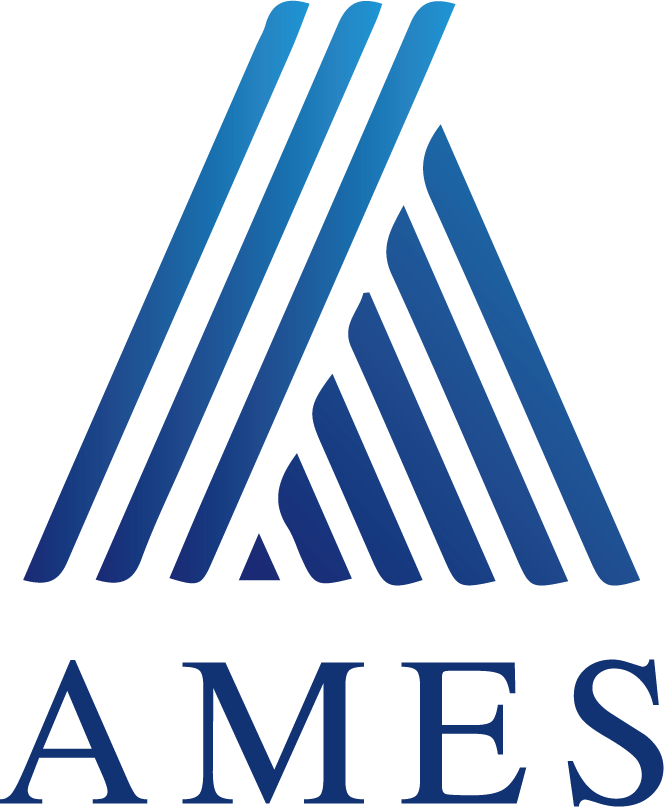
 Prof. Dr. Mohamed A. Ismail, Henan University, China
Prof. Dr. Mohamed A. Ismail, Henan University, China
Biography: Dr. Ismail is currently working as a full professor at Dept. of Civil Engineering, Miami College of Henan University, Kaifeng, China since October 2018. He is also an adjunct professor at School of Civil and Mechanical Engineering, Faculty of Engineering and Science, Curtin University, Bentley, Australia. Before joining Miami College, Dr. Ismail was working as an Associate Professor at Civil and Construction Engineering Department, Faculty of Engineering and Science, Curtin University Malaysia, Sarawak, Malaysia. He received his B. Sc. and M. Sc. Degrees from Alexandria University, Egypt in 1991 and 1996, respectively and his PhD from Nanyang Technological University (NTU), Singapore in 2003. He teaches undergraduate courses in Civil Engineering Materials, Concrete Technology, Engineering Mechanics, Reinforced Concrete Structural Design, Engineering and Environmental Principles and Theories, Construction Management, Concrete Laboratory, Mechanics of Solids, Structural Analysis and Fluid mechanics. For graduate students, he teaches courses in Advanced Concrete Technology and Advanced Structural Analysis. His research work includes Concrete Technology, Smart Materials in Construction, High Performance Concrete, Durability of Concrete, NDT, Arc Thermal Metal Spray Technology, Sustainable Building Materials and Protection Methods of Reinforced Concrete Structures. Dr. Ismail has extensive teaching and research experiences over 25 years in Canada, South Korea, Malaysia, Egypt, Japan and China. He also had broad experience at Engineering Consultancies and Oil & Gas Firms. He has published more than 120 papers in referred Journals and International Conferences and 6 Books. He served as a reviewer for many International Journals, Editorial Board Member of few journals and Editor-in-chief of Challenge Journal of Concrete Research Letters (CJCRL). He is a member of ASCE and EES and a Professional Engineer of APEGA-Canada.
Speech Title: Role of metallic coating deposited by arc thermal spray process to mitigate the corrosion of steel in saline environments
Abstract: There are many recommended methods for protecting concrete in waste water reservoirs, including polymeric coatings and stainless steel plating. The polymeric coating has several drawbacks, including color fading and adhesion due to direct exposure to ozone in waste water treatment reservoir. The thermal contraction and expansion coefficients of polymers and concrete are different, which causes the detachment of the polymeric coating from concrete and can lead to spalling after a period of time. The applications of steel are used everywhere due to its wide properties i.e. strength, ductility, workability, low cost etc. The main drawback of steel is corrosion and it can be protected by different types of protective methods i.e. by using corrosion resistance stainless steel, inhibitors, galvanized coating, fusion bonded epoxy coating, metal-polymeric coating, thermal metal spray etc. The arc thermal metal spray coatings are very popular and convenient process. The coatings produced by arc thermal metal spray process provide excellent corrosion erosion and wear resistance properties to steel substrate. Due to high speed of spraying of melted metal droplets on substrate, some defects are remained in coating, However, the overall protection using Arc thermal spray is reliable and can be utilized widely for steel protection.